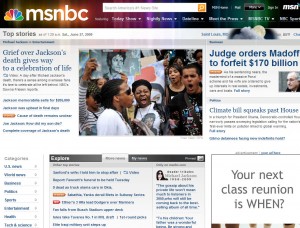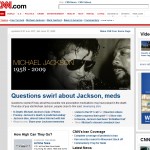Conspiracies, Fiction, and New TV
Time out for a bit of pop culture. Indulge me, this is only marginally serious. I just finished watching the new show on SyFy called Warehouse 13. I enjoyed it, it was a good ride, even though they clearly went after the X-Files crowd with this one. It could be worth a few hours to see where they go with it. They took the endless warehouse from Indiana Jones, added some National Treasure grace notes, stirred in a dollop of Muldur and Scully, and introduced a bit of humor. That last is very important, because when you have a premise that is this borderline, taking it too seriously is risking alienating a lot of audience. The main reason the X-Files worked was the mood, the color, the textures that Chris Carter wove into it, and he played the conspiracy theory game like a master. But for me, it got very old very fast. The problems with the X-Files were manifold and manifest. The biggest one was Scully. She was the dumbest "scientist" I'd ever seen on television or read in fiction. To remain so obdurately unseeing through all that she was put through required zero imagination in the character, zero sense of humor, and probably some sort of serial fixation or related pathology. If they'd played that up it might have worked, but for pity's sake she was just dense. And therefore unbelievable. Not to mention, of course, that much of the "science" in X-Files was atrocious. But that's a charge that can be leveled as many shows on television, many movies, and quite a few novels. (It would seem to me, though, that when a show is based supposedly on science, even fringe science, an attempt would be made to Get It Right. It wouldn't take much in most instances, just someone on staff who could say "That won't work" and then offer a way that it would. I understand some shows have such a person, but he or she is more often ignored than heeded, probably because the recommendations wouldn't be dramatic. But I often wonder if the real reason they're ignored is because the assumption is made that putting in valid science would make the audience feel stupid---since clearly it makes the producers of the shows feel stupid!) The other problem with it was the profundity of the secrets ultimately being kept. It worked well when Muldur was just going through a bunch of old case files no one wanted to tackle because they led to bizarre places. Kept modest like that would have allowed the concept to work on the fringe, where it started out, and could have been very entertaining. But when it became this all-encompassing, "the aliens have been here and we are in league with them" kind of schtick, it became ridiculous. Because they were trying to keep it consistent with mimetic fiction.



